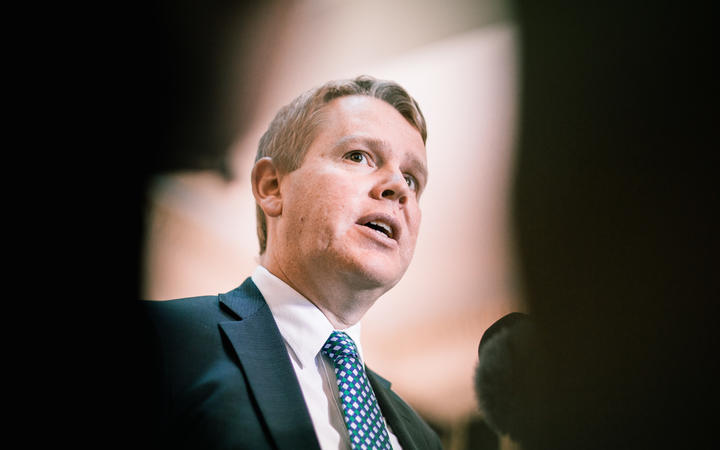
Hipkins announced the move today, saying when it was last looked at in 2012 it did not work out because it was too broad in scope.
”I want Parliament to take another look, learning the lessons from that process.”
“To do it well, will require considerable work and consultation and I anticipate the advice coming back in 2024.”
Other steps to take more immediate effect included removing swipe card access to Parliament for anyone in the business, non-government and union sectors. There are currently about 80 people who get swipe card access to enter Parliament – many of them lobbyists, government relations specialists for corporates, and union reps.
Those who will get to keep the cards include spouses of former MPs and political party staff and representatives.
Hipkins will also offer Government support – and funding – to lobbyists to establish a voluntary code of conduct.
And he said a refresh of the Cabinet manual, out this month, also sets clear expectations for Ministers in relation to conduct and decisions when considering future employment – a step to try to address concerns around politicians moving straight into lobbying jobs after leaving Parliament.
On the removal of swipe card access, he said some lobbyists as well as business and union representatives had swipe-card access to the building.
“My view is they should go through the front door like every other New Zealander.”
“Access to Parliament is controlled by the Speaker, but I’ve written to him today to express the Government’s view this access should be removed.”
“I want, as much as possible, for this to be a bipartisan issue and I call on other political parties to support this measure.”
He said he knew NZ was an outlier compared with other countries on this issue.
Hipkins said swipe cards created the perception of increased access.
Hipkins said he also wanted third-party lobbyists to develop a voluntary code of conduct that would enhance transparency by, for example, including the names of the clients they represent on their websites.
“Others involved in lobbying, for instance peak bodies, industry associations and other entities may also wish to sign up for this as well.”The Government will offer assistance from the Ministry of Justice to help draft the code and to provide research on overseas practises and guidance.”
Hipkins said he was not able to recall his last specific meeting with a lobbyist but he had had “interactions”.
A cool-down period would be considered as part of the major review.
The moves on lobbying come after a series of articles by RNZ that highlighted the close relationships between lobbyists and politicians, and how they were also used by Government departments.
The revelations included how Hipkins’ chief of staff, Andrew Kirton, was previously part of a lobbying firm that worked for alcohol companies which pushed back against a proposed container return scheme.
Hipkins previously said there was a need for “transparency and vigilance” around lobbyists and their relationships with politicians.
He said he was not ruling out taking action on the issues raised in the future.
It is understood these measures had been on his radar for some time but were pushed ahead after the reporting by RNZ.












